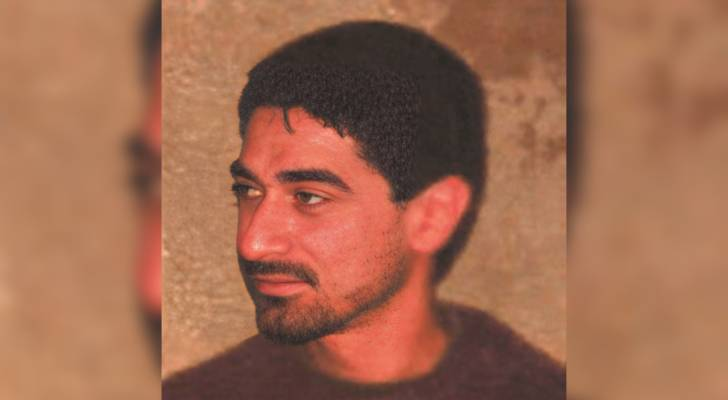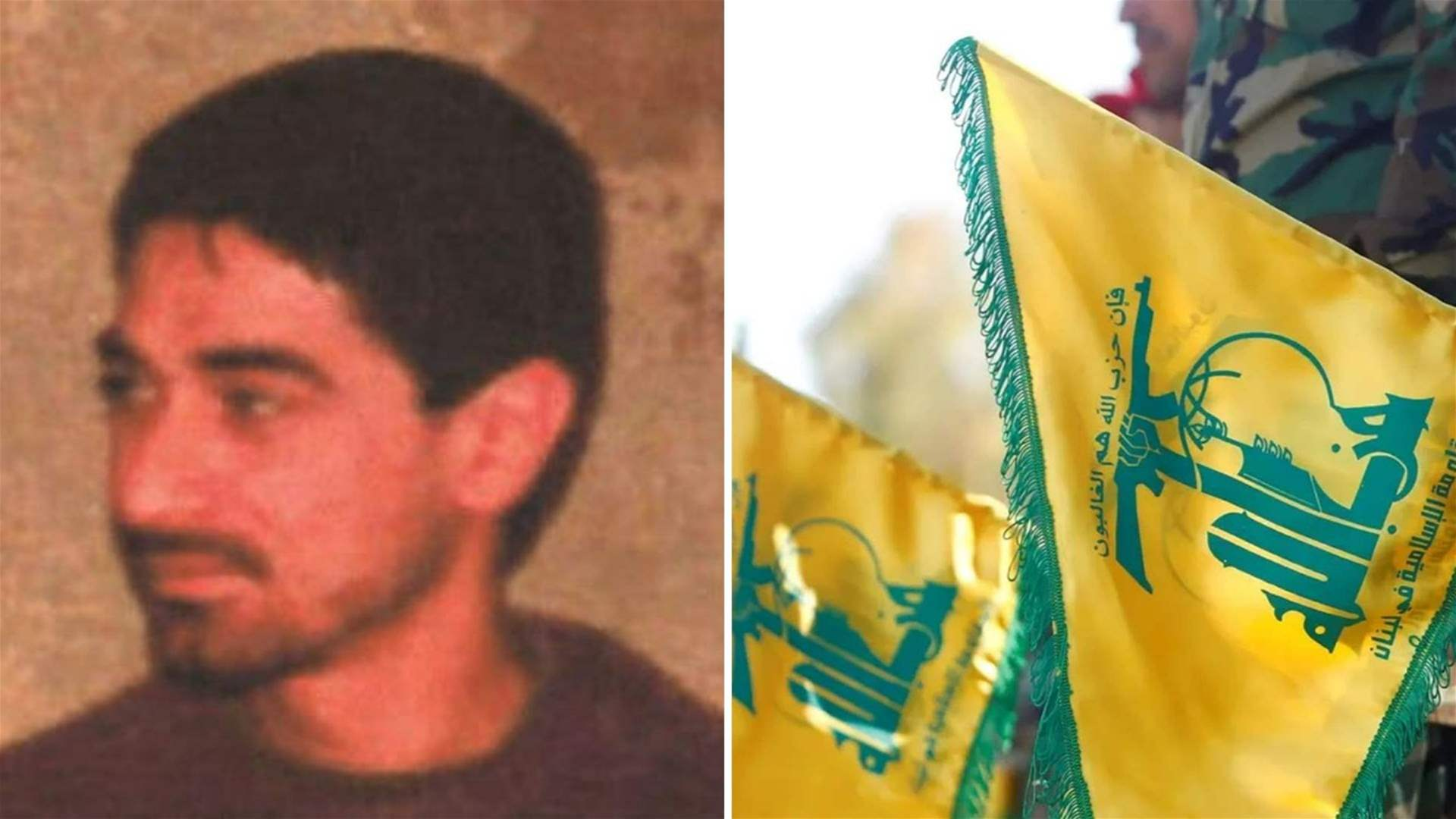Hezbollah commander killed In a significant escalation of violence, the news has sent shockwaves through the region. The recent airstrike in Beirut’s southern suburbs not only claimed the lives of eight individuals but also resulted in the death of Ibrahim Aqil a key military figure within Hezbollah, further intensifying the ongoing conflict.
This incident marks a pivotal moment in the broader Israeli-Hamas war that began on October 7, dramatically shifting the focus of hostilities from Gaza to Lebanon.
The Impact of the Airstrike
The airstrike that resulted in the Hezbollah commander killed was executed by the Israeli military, which described it as a “targeted strike” aimed at the militant group’s stronghold in Beirut.
According to Lebanese health authorities, the attack not only caused fatalities but also left dozens wounded. Among the casualties was Ibrahim Aqil, the head of Hezbollah’s elite Radwan unit. This targeted operation is part of a broader pattern of escalating violence, as tensions have mounted along the Israel-Lebanon border.
Read : Hezbollah Fires Over 200 Rockets Into Israel to Avenge Strike That Killed Senior Commander: Watch
Reports indicate that the Israeli military has shifted its focus from Gaza to Lebanon as it responds to perceived threats from Hezbollah. The organization, which has been engaged in near-daily clashes with Israeli forces, has seen its leadership challenged with the recent loss of a high-ranking commander.
The killing of Aqil, a prominent figure within the organization, may lead to a retaliatory response from Hezbollah, heightening fears of further conflict.
Shifting Focus of the Conflict
The death of Ibrahim Aqil the Hezbollah commander killed has not only amplified the stakes for Hezbollah but also raised questions about the future of the Israel-Lebanon conflict.
Read : Israel Destroys 1,000 Hezbollah Rocket Launcher Barrels in Lebanon
Prior to this incident, the Israeli military had concentrated its efforts on Hamas in Gaza. However, with Hamas significantly weakened, the northern border with Lebanon has become a focal point for Israeli military operations.

The ongoing clashes along the border have resulted in numerous casualties, primarily among Hezbollah fighters. The recent airstrike represents the third such incident targeting the group since the beginning of the October conflict, highlighting the shifting dynamics of the war.
In response to the Israeli attacks, Hezbollah has vowed to retaliate, and its leader Hassan Nasrallah has promised that the group will take action against Israeli forces.
Reactions and Regional Implications
Ibrahim Aqil – Hezbollah commander killed in strike has elicited a range of reactions both domestically and internationally. Within Lebanon, there are fears of a wider war as residents grapple with the implications of the airstrike.
Eyewitness accounts describe terrifying scenes, with many residents expressing anxiety for their families amid the escalating violence. The increased military activity along the border has created a pervasive sense of fear and uncertainty.
Internationally, mediators are concerned about the potential for the conflict to spiral into a larger regional war. U.S. Secretary of State Antony Blinken has called for restraint from all parties, emphasizing the need to prevent escalatory actions that could derail ongoing efforts for a ceasefire in Gaza.
The international community remains on high alert as tensions continue to mount, with the focus on preventing a broader conflict.
As the situation develops, the implications of the Hezbollah commander killed will undoubtedly resonate throughout the region, shaping the future of the Israeli-Lebanon conflict and influencing the dynamics of the ongoing war with Hamas.
The recent airstrike that resulted in the death of a Hezbollah commander reflects the complex and volatile nature of the current conflict.
The targeted Hezbollah commander killed underscores the ongoing military strategy of the Israeli military as it seeks to neutralize perceived threats from Hezbollah. As both sides brace for potential retaliation, the future remains uncertain, with fears of a wider conflict looming over the region.
In summary, Hezbollah commander killed marks a crucial turning point in the conflict, showcasing the fragile balance of power in the region and the potential for further escalation.

